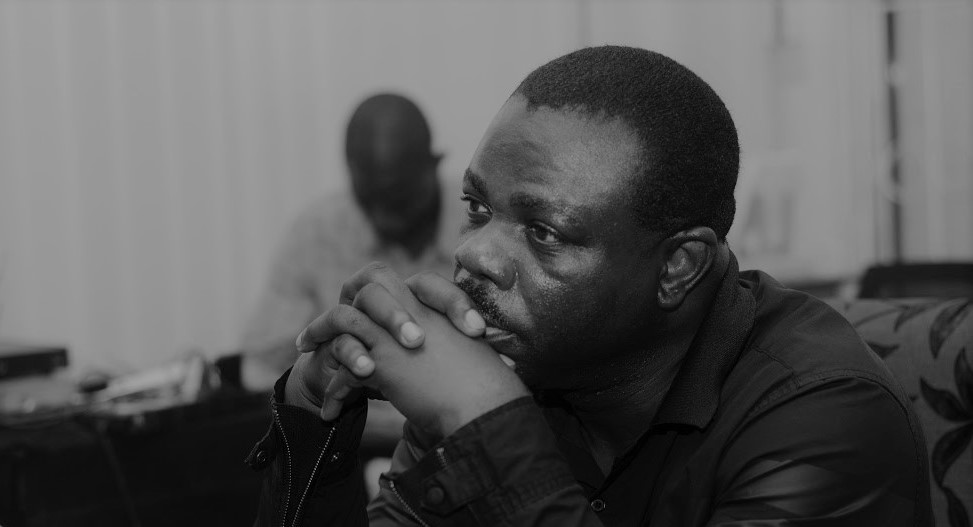
Konya Shamsrumi: What is the process of writing a poem like for you? Is it a lot of hard work or easy?
Maik Nwosu: My poems come from deep inside. Something happens, or doesn’t happen, and certain kinds of emotion are then distilled into poetry. The initial writing can sometimes be an overflow, but I usually go back again and again to wrestle with words and sounds in search of meaning and rhythm. That can be difficult, depending.
Konya Shamsrumi: Please describe your sense of identity in this or any possible world in imagery or metaphor?
Maik Nwosu: I’m a child of the crossroads, shaped by arterial junctions.
Konya Shamsrumi: If any of your poems could literarily save a person’s life, which poem would it be and can you describe the person whose life you think it would have saved?
Maik Nwosu: The poem that comes to mind, mostly because of its history, is “Ballad of the Peacekeeper,” which was inspired by the story of a Nigerian private imprisoned in Mogadishu while on a UN peacekeeping mission in Somalia. A part of the poem reads “johannesburg, gaza, monrovia, kigali/the world is up in flames” as it reflects on lives affected or wasted by never-ending conflicts around the world. Sometimes, the names change but the carnage continues. It’s the sort of reflection that could give the reader, some kind of reader, pause, perhaps.

Maik Nwosu
Konya Shamsrumi: What does Africa mean to you, as potential or reality?
Maik Nwosu: Africa, Nigeria in particular, is home. I’ve not really lived there in a long time, but it’s still home. I carry it with me, my Africanness, everywhere I go, but I’m also quite transcontinental in the way I relate to the world.
Konya Shamsrumi: Could you share with us one poem you’ve been most impressed or fascinated by? Tell us why and share favorite lines from it.
Maik Nwosu: There are many poets and poems that I love.
Where did it start? The iron roar of the market, with its
crescent moons of Mohammedan melons, with hands
of bananas from a Pharaoh’s casket,
lemons gold as the balls of Etruscan lions, the dead moon
of a glaring mackerel; it increases its pain down the stalls,
the curled heads of cabbages
crammed on a tray to please implacable Caesars, slaves
head-down on a hook, the gutted carcasses of crucified
rebels, from orange-tiled villas,
from laurels of watercress, and now it passes the
small hearts of peppers, nippled sapodillas of
virgins proffered to the Conquistadores
Maik Nwosu is Professor of English and chair of the Department of English and Literary Studies at the University of Denver, Colorado. He worked as a journalist (and received the Nigeria Media Merit Award for Journalist of the Year) before moving to Syracuse University, New York for a Ph.D in English and Textual Studies. Nwosu’s poetry collection, Suns of Kush, was awarded the Association of Nigerian Authors/Cadbury Poetry Prize in 1995. His novels, Invisible Chapters and Alpha Song, received the Association of Nigerian Authors Prose Prize and the Association of Nigerian Authors/Spectrum Prose Prize in 1999 and 2002 respectively. He has also published a short story collection, Return to Algadez, and a third novel, A Gecko’s Farewell. Nwosu is a fellow of the Akademie Schloss Solitude, Stuttgart, Germany; the Civitella Ranieri Center, Umbertide, Italy; and the Stellenbosch Institute for Advanced Study, Stellenbosch, South Africa.












Leave a Reply